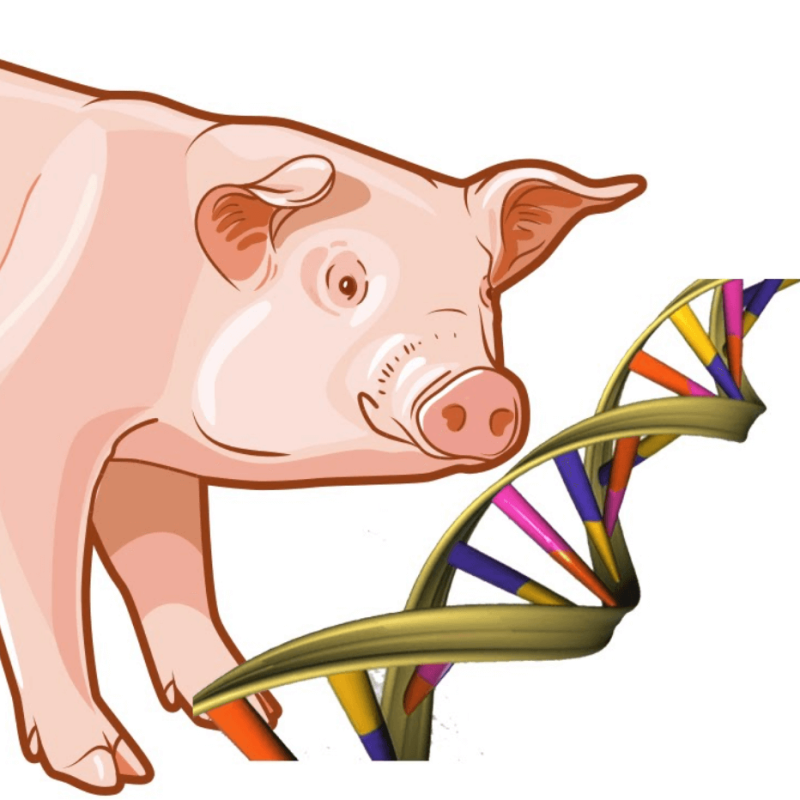In one of the final actions of the outgoing Barack Obama administration, the Food and Drug Administration announced it would regulate CRISPR technology as a drug. CRISPR edits DNA, not adding genes from other organisms, but rather using genes already present in an animal or plant. The new rule will slow down approval of gene editing techniques in livestock and increase the cost of receiving approval.
…
Regulating CRISPR as a drug is a body blow to researchers all across the U.S., and will guarantee that we’ll fall behind other countries that are doing a tremendous amount of research on CRISPR techniques.
…
CRISPR technology is more precise than traditional methods, and results can be achieved much more quickly. In fact, both polling and resistance to viruses like PRRS can and have been developed with traditional methods, but using the new gene editing techniques is quicker, cheaper and safer. Regulation should evaluate risk and even ethical questions, but when the results are as risk free and as beneficial to both animals and humans as these two examples, approval should be quick, certain, and affordable. The last-minute rule written by the outgoing administration is nearing the end of the comment period, and the Donald Trump administration should withdraw the rule and adopt a more streamlined, risk-based approach to regulating gene editing techniques.
Editor’s note: Blake Hurst is a farmer and president of the Missouri Farm Bureau
Read full, original post: CRISPR technology needs smart oversight, not heavy regulation































